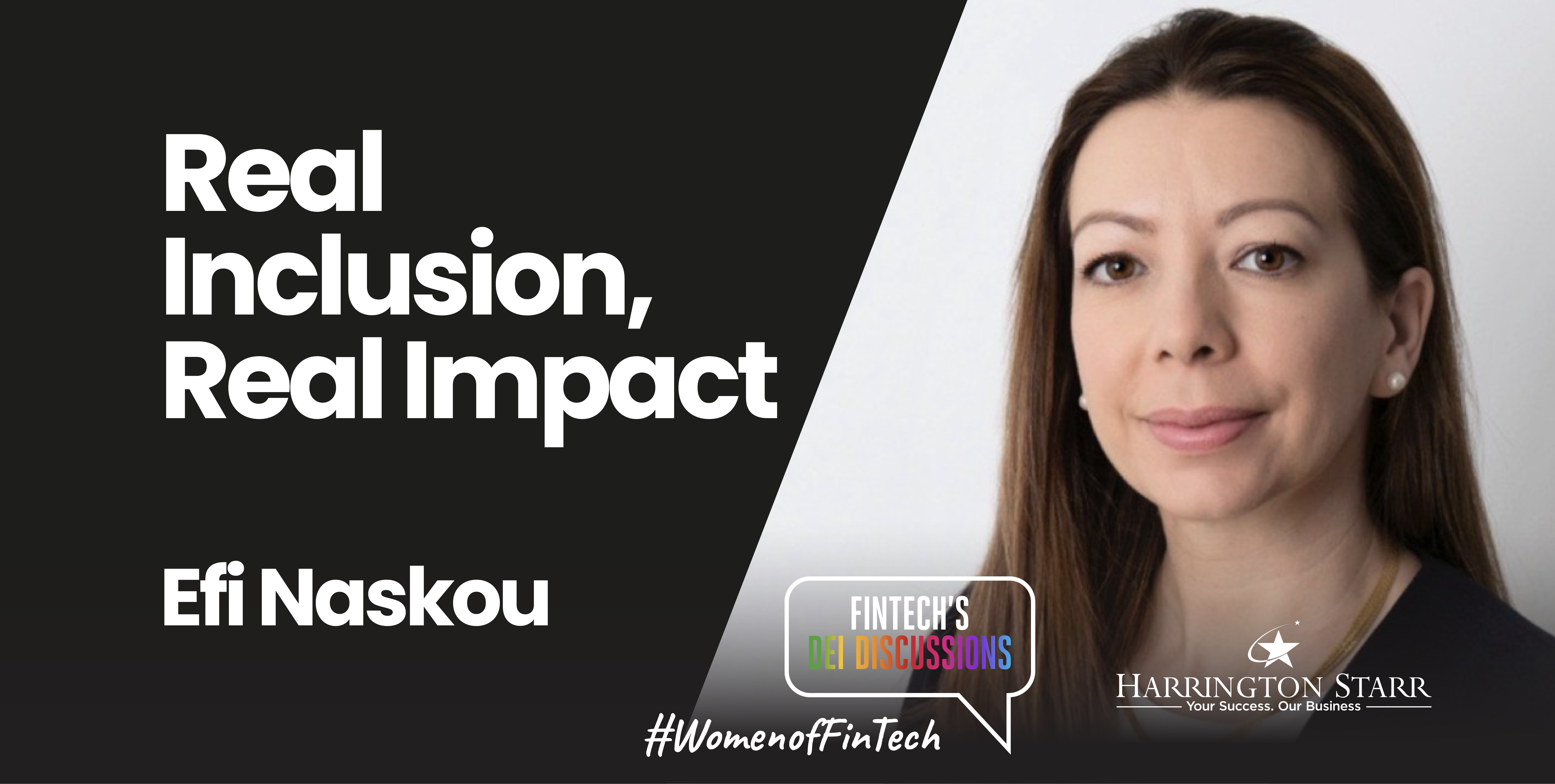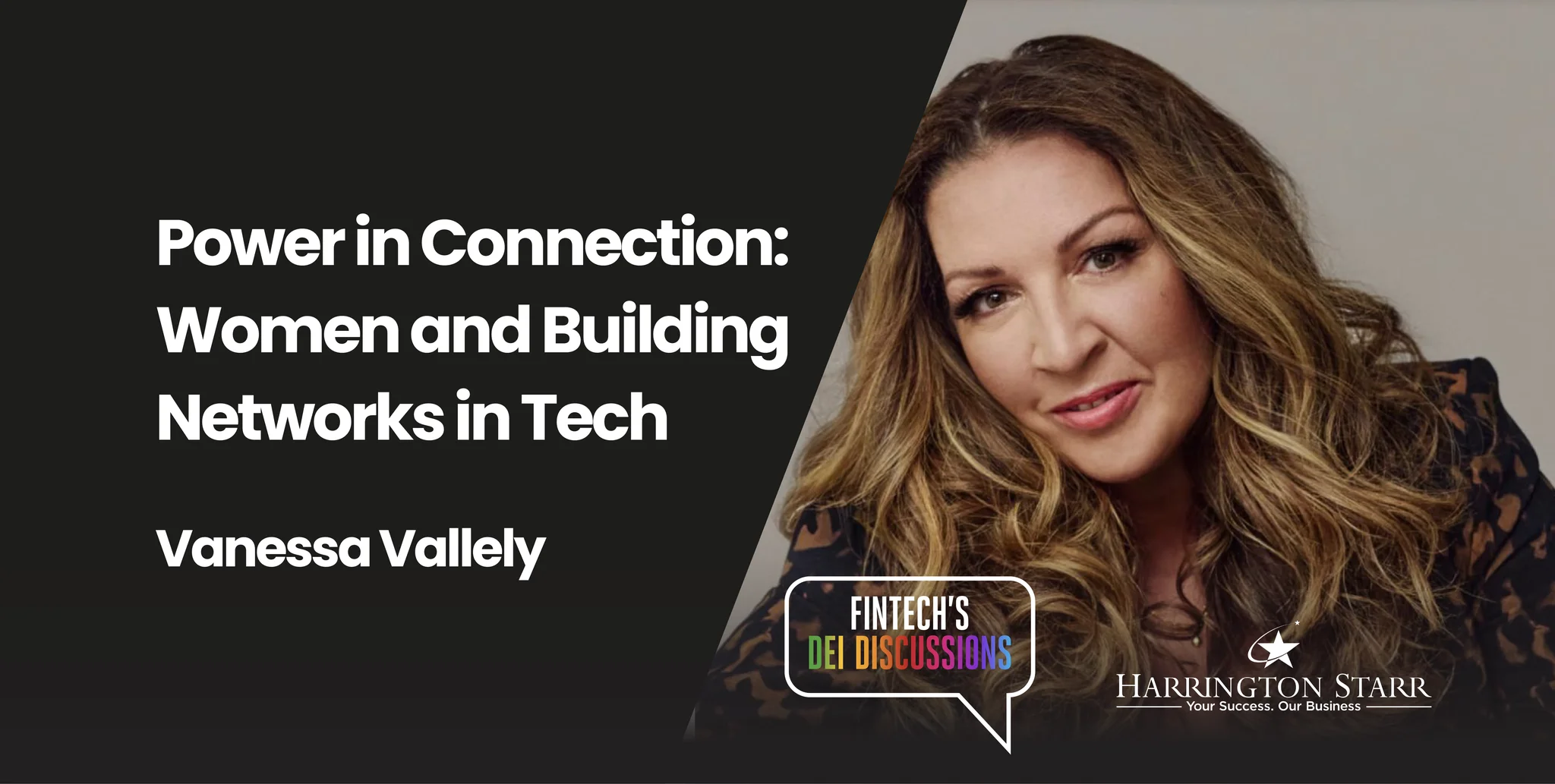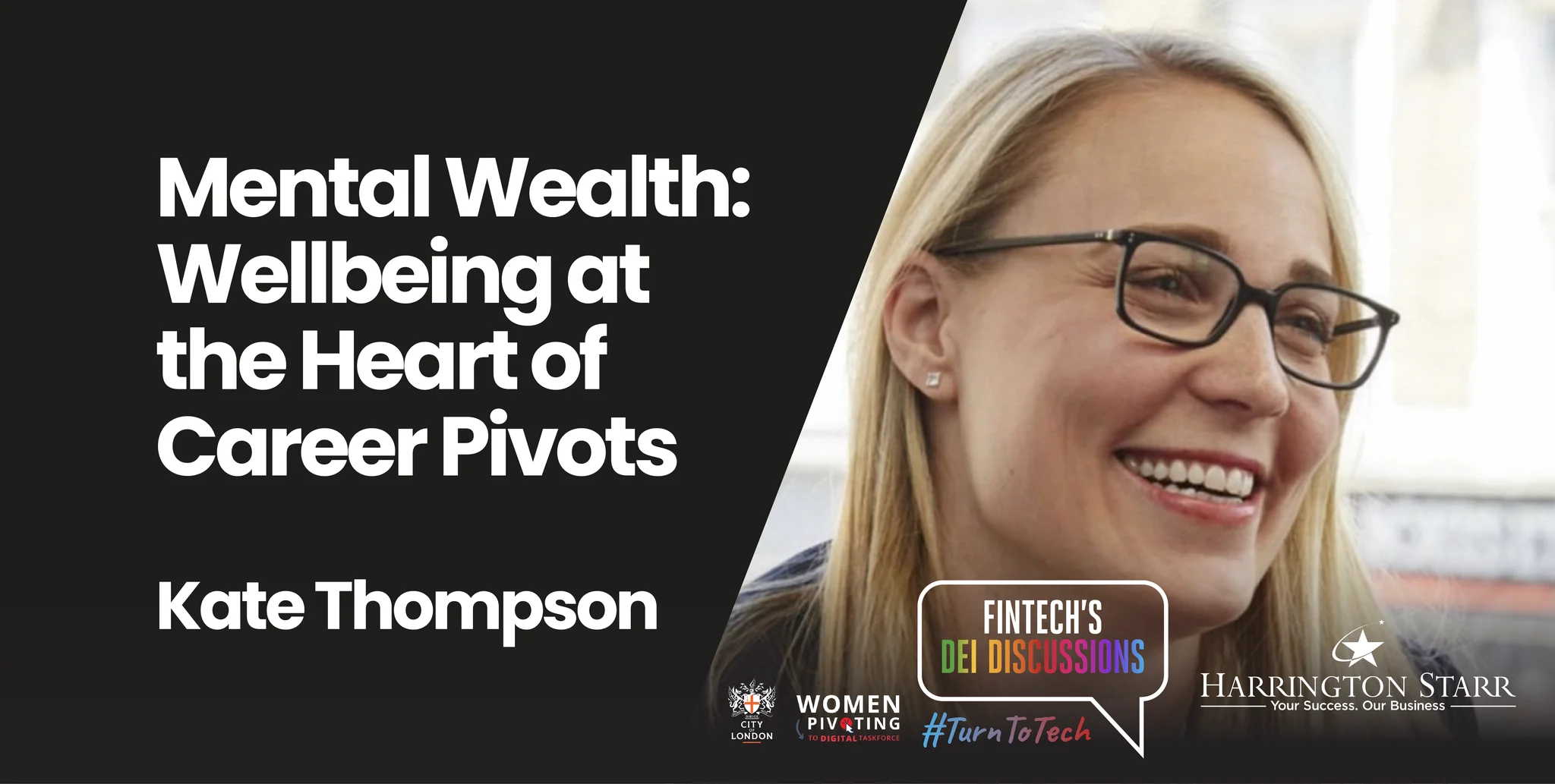
This episode is part of the #WomenofFintech chapter of Fintech's DEI Discussions featuring Efi Naskou, CMO at Zenus Bank, sharing her career journey and insights on DEI in the financial technology sector.
Efi began her career in traditional banking, working in a branch and eventually becoming a young branch manager. She then moved into fraud prevention but realised her passion lay in marketing. To pursue this interest, she obtained her CIM certification and transitioned into various marketing roles over the past 17 years. Her diverse career includes positions in brand management at Lloyds, professional services marketing at a London law firm, customer communications and digital roles at HSBC, product marketing at Barclays, and consulting for MasterCard Advisors. Currently, as CMO at Zenus Bank, she oversees all aspects of marketing strategy, customer acquisition, digital marketing, public relations, and brand building. Efi also collaborates closely with the leadership team and is a member of the Governance and Sustainability Committee.
Efi was attracted to Zenus Bank because of its mission to leverage technology to democratise financial services, making them accessible globally without traditional barriers. The bank's strategic partnership with the United Nations Environment Programme Finance Initiative, focusing on financial inclusion, gender equality, and reducing inequalities, aligns with her personal and professional values.
As a CMO in FinTech, Efi highlights the strategic importance of the role, of acting as a bridge between the company and its customers. She emphasises the need to translate user needs into product direction and ensure transparent, consistent messaging to build trust. Data plays a crucial role in informing executive decisions and ensuring customer-centric strategies. User experience is critical, and Efi ensures her team focuses on simplicity and reinforcing the brand promise. She also emphasises the importance of the CMO's involvement in product innovation, understanding market needs, influencing pricing strategies, and contributing to overall business strategy.
Efi underscores the non-negotiable importance of inclusive policies for growing businesses. Authentic DEI efforts prevent blind spots, foster innovation, and enhance productivity. They also impact recruitment, customer acquisition, and investor relations, which are crucial for startups and growing businesses.
For startups looking to make their mark, particularly in fintech, Efi advises focusing on customer-centric innovation, transparency, and trust. Keeping the end user in mind and anticipating future demands is essential, as is being open about processes, security measures, and fees to build trust. She also highlights the importance of aligning business strategies with the values of people, planet, and profit, connecting the brand with larger societal purposes.
Efi stresses the importance of accountability in promoting inclusion. Implementing meaningful metrics for inclusion and diversity, measuring them openly, and including them in job ads and business reviews are crucial steps. Continuous discussion and effort are necessary until significant progress is achieved.
In conclusion, Efi emphasises that accountability and continuous effort are key to promoting inclusion in the workplace, drawing on Maya Angelou's quote: "When we know better, we do better."
About FinTech’s DEI Discussions:
FinTech's DEI Discussions is hosted by Nadia Edwards-Dashti, Chief Customer Officer at Harrington Starr.
As our longest-running podcast, it brings together industry experts from financial services who share valuable advice on fostering inclusion within the industry and beyond.
Each episode follows the theme 'Walk the Talk,' offering practical guidance on turning inclusive words into action.
In addition to the regular episodes, Nadia releases special series that provide in-depth advice on ensuring everyone feels included in the financial services sector.
With nearly two decades of experience in FinTech recruiting, Nadia is a passionate advocate for inclusion. She has witnessed the industry's challenges firsthand and created the 'Talent Equity List' to promote inclusive hiring by highlighting underrepresented talent.






